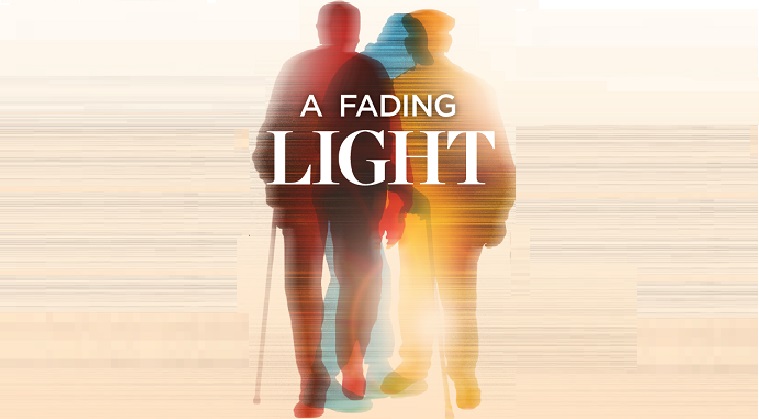A Fading Light: Chapter 22


T
he Yamim Tovim are always hard for caregivers and those who’ve lost loved ones. Memories flash before our eyes. We remember all the things our spouses did to prepare for and enhance our Yom Tov. We recall them blessing the children and grandchildren before Yom Kippur, decorating the succah with them, dancing with toddlers on their shoulders on Simchas Torah. We miss those times and can’t help feeling more sharply than ever how much our lives, like our Yom Tov table, has been diminished.
This is also the time we can’t escape the realization that our family dynamics have changed enormously. I remember how saddened I felt when it became clear that our home could no longer be the place where our family gathered to celebrate the chagim.
Going to the children was problematic for two reasons. The first, and most obvious, was that being away from home was disorienting for my husband, and I worried he might do something disruptive that would ruin the Yom Tov for everyone. Even more painful for me was the sense that our roles as patriarch and matriarch of the family were slipping away. Rather than continuing to do what we had always done — caring for our family — we were now the ones who needed to be cared for.
In a more global sense, there’s also the concern and heartache we feel when our loved ones can no longer perform mitzvos as they once did. It’s painful each and every day to watch someone you love struggling to make even the simplest brachah. This problem is intensified, of course, during the Yamim Tovim because the routines — hard enough to maintain under ordinary circumstances — change. We try to help the best we can, although our help is often not well received. Sometimes we have to learn things we never thought we’d have to know in order to pick up the slack.
I remember the year when I spent hours reading up on the halachos of building a succah. Although my husband z”l was well enough at the time to do the actual work, and I was happy to see him productively and enthusiastically engaged in this project, it became my job to make sure that we were building a kosher succah.
That was not the first and surely not the last time I found myself taking on roles I’d had never anticipated, and this was something I felt very insecure about. I did my best, but I’m sure I messed up on more than one occasion.
Concerned about my husband’s inability to perform mitzvos properly, I raised this issue with a rabbi. I’ll never forget his kind and sensitive response. He told me that if my husband performed a mitzvah the wrong way, his effort was treasured more by Hashem than anyone else’s perfect performance of that same mitzvah. The same, he said, was true if his davening was for the wrong day or the wrong time of day. He encouraged me to do the best I could, and I left this meeting feeling much better. The situation hadn’t changed, but my perspective had.
(Excerpted from Family First, Issue 660)
Oops! We could not locate your form.


